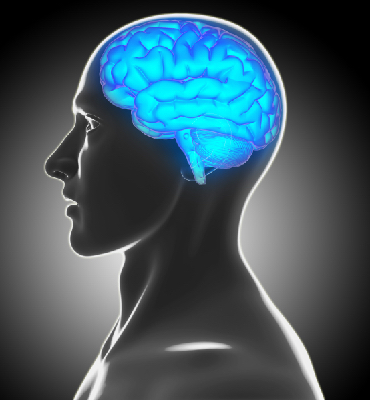Gut Health May Play a Role in PTSD
For a long time, many people have associated posttraumatic stress disorder (PTSD) — a condition that develops in some who have experienced a dangerous, shocking or frightening event — with soldiers and police officers who deal with life and death situations on a daily basis.
Some experts who understand it intimately, however, believe PTSD is a public health problem that’s triggered by painful events other than war-related experiences.
That wider perception of PTSD symptoms has evolved over the years to include a broader scope of direct traumas — like experiencing a serious car accident, life-threatening illness, violent physical assault or other traumatic events — as well as indirect ones (hearing about the death of a loved one).
By the numbers, 60 percent of all men and half of all women in America will experience at least one traumatic event and roughly 8 percent of all Americans will face PTSD during their lifetimes, according to the National Center for PTSD.
Now that modern science better understands the gut-brain axis (the connection that links your intestines, emotions and brain) more fully, it’s not at all surprising to learn the balance of bacteria in your gut may predict if you’ll experience PTSD or not, according to a study appearing in Psychosomatic Medicine.
The gut bacteria drop-off
Researchers at the University of Colorado and Stellenbosch University (South Africa) teamed up to compare the microbiomes of 18 patients with PTSD with a control group of 12 patients who experienced significant trauma but not PTSD to identify any abnormalities in the gut.
PTSD patients had dramatically lower levels of three bacterial species (Actinobacteria, Verrucomicrobia and Lentisphaerae) compared to the control group. Additionally, patients who experienced childhood trauma had lower levels of two species (Actinobacteria and Verrucomicrobia).
This second finding interests and worries researchers because people who experience childhood trauma are at a higher risk of facing PTSD later in their lives. In fact, these changes in gut health balance may have happened much earlier in response to childhood trauma, says lead researcher Dr. Stefanie Malan-Muller, according to a press release.
Another problem with this gut bacteria drop-off: All three are responsible for regulating the body’s immune system, and inflammatory markers soon after a traumatic event are an indicator that predicts the development of PTSD later on, says Dr. Malan-Muller.
Hopefully, more research will determine if this specific fall in gut bacteria makes patients more vulnerable to PTSD or if it occurs as a result of PTSD.
Could probiotics be used to treat PTSD? Researchers at the University of Colorado were impressed by the results of their 2016 study on preventing a PTSD-like syndrome in mice by adding beneficial bacteria to their tiny microbiomes.
Currently, this team of researchers is studying the key factors that lead to the development of PTSD in hopes their findings can lead to better treatments. A potential treatment the team is looking is one that alters microbiome with the use of probiotics containing a strain of Lactobacillus (one of the families of beneficial bacteria contained in EndoMune Advanced Probiotic and EndoMune Junior Probiotic for kids) and prebiotics.
Stay tuned to the EndoMune blog for more news about PTSD and other health information that affects your gut health.
Gut Health May Play a Role in PTSD Read More »



